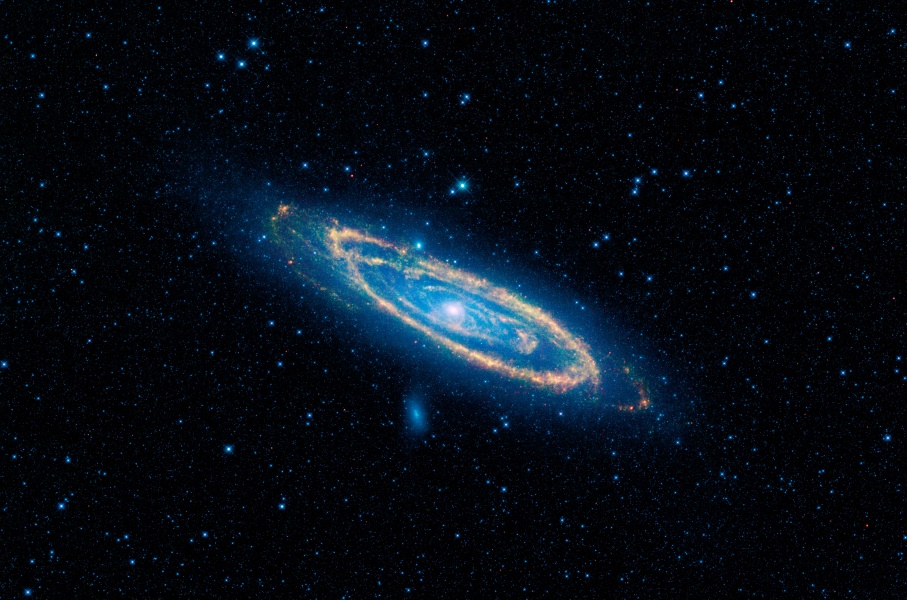Either in elementary school, we've already decided, or in high school, we get inspired. By the time people hit college, the ones who want to be career astronomers have already decided that's their path.
We admit you have to be a special (but good) kind of crazy to do this. How many people pick a field that many people love but don't understand, where its funding constantly requires defending, that requires math and hard thinking, and that pays well only after you put in a lot of time?
The answer, I think, is "people fortunate enough to be able to choose their job". Which means people who can go to college. And often, it means people who haven't yet started a family, so they can go for those advanced degrees or rack in a bit of early lower-paying hours required to start a science career.
Not that science pays poorly-- you can start at the US median salary ($45K) with a decent job at a contractor, especially if you have a Masters. You won't necessarily be doing research-- that path can often be frustrating because there are only so many pure researchers the field can support. But to work in astronomy, ah, that's fun.

At the very least, you'll be hired to do analysis, programming, operations, and other jobs in the astronomy, space, earth observing, and satellite sectors. And you have access to all the tools and data to do research on your own time, or in collaboration within the context of your work.
Oddly enough, being a grad student or post-doc can net you less than that. Ordinarily, earnings increase as you gain more degrees, from undergrad to Masters to PhD. But there's a well-documented dip during the post-PhD post-doc area. Post-docs are cordwood for the fires of science.
Back to why we do it. Phrases I kept hearing were "I always liked looking at the stars", "I just found it really, really interesting and wanted to do more of it all of the time", "it's exciting", "I've been interested in astronomy since I was in early elementary school", "I wanted to be the first person on Mars", "it's what I wanted to do".
I would sum up the answers as, "the rest of you can go for money, we want the stars." But you can hear it in their own voices at 365 Days of Astronomy.
Alex
Tues and Fri here, via RSS feed, and twitter @skyday
Read about my own private space venture in The Satellite Diaries





Comments